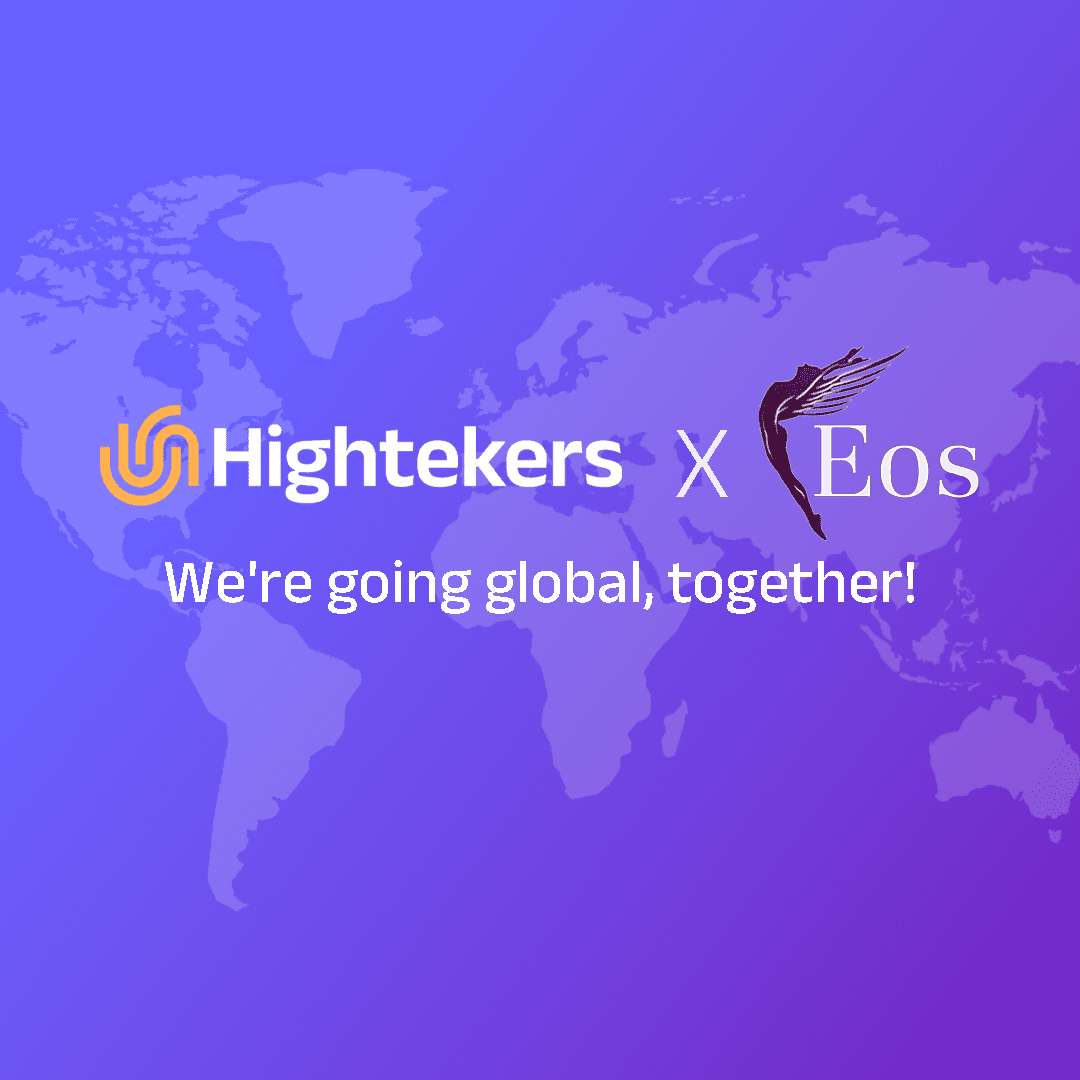In today’s complex and rapidly evolving global business environment, risk management is more critical than ever. Whether you’re expanding into new markets, navigating different legal frameworks, or managing a remote workforce, the challenges can be daunting. One effective strategy for mitigating these risks is leveraging Employer of Record (EOR) services. Let’s explore why and how EOR services can be a powerful tool for risk mitigation, supported by research and insights.
Why EOR Services Are Essential for Risk Mitigation
- Navigating Complex Legal and Regulatory Environments
Expanding into new countries often involves dealing with a myriad of legal and regulatory requirements, which can vary significantly from one jurisdiction to another. These regulations cover everything from employment laws and tax obligations to health and safety standards. Non-compliance can result in hefty fines, legal disputes, and damage to your company’s reputation.
According to a study by Deloitte, 70% of multinational companies cited compliance with local regulations as a top challenge in global expansion[1]. Companies often underestimate the complexity of foreign regulations, leading to compliance risks that could have been mitigated with the right expertise.
How EOR Services Help: An EOR takes on the legal responsibility of employing workers in the target country, ensuring compliance with local laws and regulations. This includes managing payroll, tax filings, and employee benefits in accordance with local standards. By using an EOR, businesses can significantly reduce the risk of non-compliance and avoid the legal complexities of establishing a local entity.
- Reducing Financial Risk
Managing payroll and taxes across multiple countries can be fraught with financial risks, especially when dealing with fluctuating exchange rates, varying tax laws, and differing social security obligations. Mismanagement in these areas can lead to unexpected financial liabilities and increased operational costs.
Companies expanding internationally often face financial risks due to inadequate understanding of local tax regulations and currency exchange issues. These financial risks can severely impact the profitability of global operations. For instance, in the United States, misclassification of employees can result in fines of up to $1,000 per misclassified worker[2].
How EOR Services Help: EOR providers manage payroll in compliance with local tax laws and ensure that employees are paid accurately and on time, regardless of the country they’re working in. Additionally, EOR services can help businesses navigate the complexities of currency exchange, minimizing the risk of financial losses due to currency fluctuations.
- Managing Workforce-Related Risks
Hiring and managing employees in foreign countries comes with its own set of risks, including the potential for labour disputes, misunderstandings of local labour laws, and challenges related to employee termination. These issues can lead to costly legal battles and disrupt business operations.
The International Labour Organization (ILO) notes that labor disputes are more common in situations where businesses are unfamiliar with local labour laws and practices. This highlights the importance of having local expertise when managing an international workforce. [3]
How EOR Services Help: EOR services provide local HR expertise, ensuring that your business adheres to local labour laws and best practices. They also handle employee contracts, terminations, and dispute resolutions in compliance with local regulations, thereby minimizing the risk of labour-related legal issues.
- Faster Market Entry
Speed to market is crucial for businesses expanding globally because it enables them to capitalise on new opportunities, outpace competitors, and respond swiftly to market demands. In the fast-paced global economy, delays can result in lost market share, reduced brand relevance, and missed revenue potential. By launching products or services quickly, companies can establish a presence in new markets, adapt to local preferences, and build customer loyalty before others can. Moreover, rapid market entry allows businesses to gather real-time feedback, refine their strategies, and iterate their offerings to better meet the needs of diverse customer bases across regions.
How EOR Services Help: By handling the complexities of local employment, EOR services allow companies to enter new markets more quickly.
How to Implement EOR Services for Risk Mitigation
- Assess Your Business Needs
Before engaging an EOR provider, assess your business’s specific needs and risks. Consider the countries you’re operating in or planning to expand to, the size of your workforce, and the complexity of local regulations. This will help you identify the areas where an EOR can provide the most value.
- Choose the Right EOR Provider
Not all EOR providers are created equal. It’s essential to choose a provider with a strong track record in the regions where you operate. Look for a provider with deep local knowledge, a robust compliance framework, and a reputation for reliability. Conduct due diligence by checking references and reading reviews.
- Integrate EOR Services with Your Business Operations
Once you’ve selected an EOR provider, work closely with them to integrate their services into your business operations. This includes setting up payroll processes, establishing clear communication channels, and ensuring that all legal and compliance requirements are met.
- Monitor and Evaluate
Regularly monitor the performance of your EOR provider and evaluate the impact on your risk profile. This will help you identify any potential issues early and ensure that the EOR services are effectively mitigating risks.
- Employee Experience Focus
Ensure that the EOR provides a positive experience for your international employees. A study by PwC found that 65% of employees believe a positive employee experience is crucial for their productivity[4].
Call to Action: Protect Your Business with EOR Services
Navigating the complexities of global expansion and managing a diverse workforce can expose your business to significant risks. However, with the right strategies in place, these risks can be effectively managed. Our Employer of Record (EOR) services offer a comprehensive solution for businesses looking to expand internationally while minimizing legal, financial, and workforce-related risks.
Ready to safeguard your business against potential risks? Contact us today to learn how our EOR services can help you achieve your global expansion goals with confidence and compliance.
References
[1] Deloitte. (2019). Global Human Capital Trends.
[2] U.S. Department of Labor. (2020). Misclassification of Employees as Independent Contractors.
[3] International Labour Organization: Labour Disputes and Conflict Resolution
[4] PwC. (2021). Global Workforce Hopes and Fears Survey.
Photo by Cytonn Photography on Unsplash







